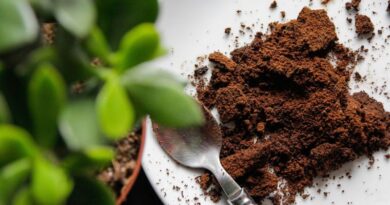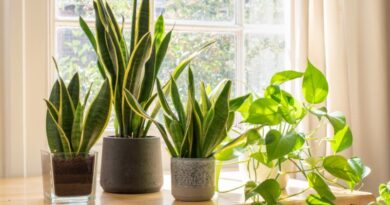Bluebirds are not only delightful to watch but also beneficial for your garden ecosystem. Attracting these beautiful birds to your yard can be accomplished by planting the right types of vegetation. Let’s explore eight plants that will entice bluebirds to visit and potentially nest in your garden.
Bluebirds are charming songbirds known for their vibrant blue plumage and melodious songs. By creating an inviting habitat with the right plants, you can attract these stunning birds to your yard, providing you with hours of enjoyment and contributing to the overall health of your garden ecosystem.
Elderberry: Providing Food and Shelter
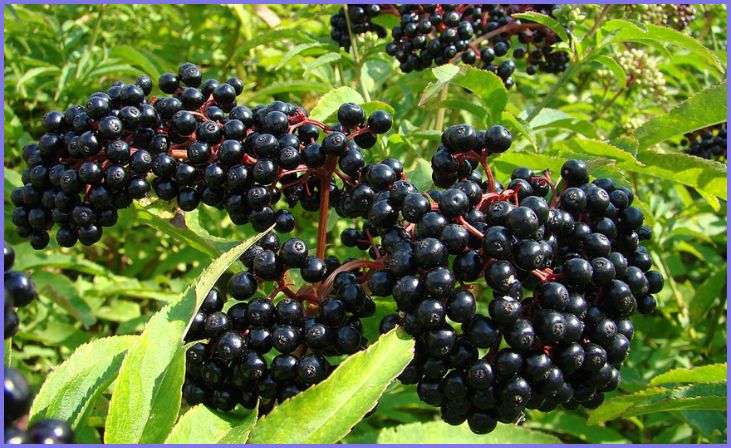
Elderberries are not only visually appealing but also serve as an excellent food source for bluebirds. Additionally, the dense foliage of elderberry bushes offers shelter and nesting sites for bluebird pairs, making them a must-have plant for attracting these birds to your yard.
Flowering Dogwood: A Prominent Tree Choice
Flowering dogwood trees are a popular choice for attracting bluebirds due to their beautiful blossoms and small fruit clusters. Bluebirds are attracted to the insects that inhabit dogwood trees, providing them with a readily available food source during the breeding season.
Eastern Red Cedar: Essential for Local Wildlife
Eastern red cedar trees play a crucial role in supporting local wildlife populations, including bluebirds. These evergreen trees provide cover and nesting sites for bluebirds, as well as a source of food in the form of juniper berries.
Holly: Dioecious Plants for Berry Production
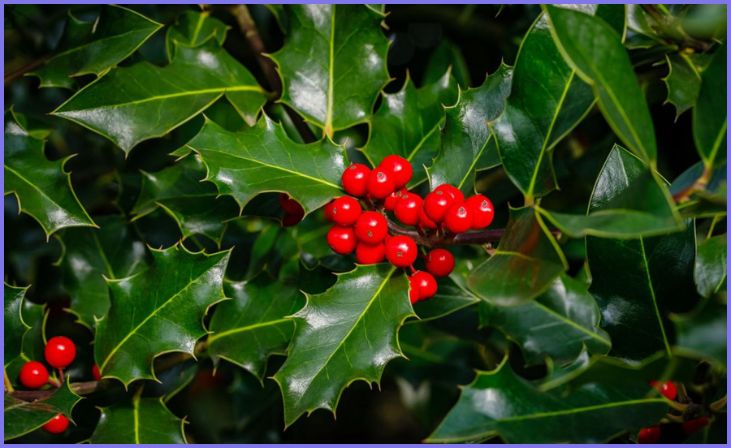
Holly plants are prized for their glossy green foliage and bright red berries, which are a favorite food source for bluebirds. It’s important to note that most holly species are dioecious, meaning you need both male and female plants to produce berries and attract bluebirds effectively.
Pokeweed: Beneficial for Songbird Population
While pokeweed may not be the most visually appealing plant, it plays a vital role in supporting the songbird population, including bluebirds. Pokeweed produces small berries that are a favorite food source for bluebirds, making it a valuable addition to your yard if you want to attract these birds.
Hawthorn: Diverse Genus for Bluebird Attraction
Hawthorn trees and shrubs belong to the Crataegus genus and come in various species and cultivars. Many hawthorn varieties produce small fruit that bluebirds find irresistible, making them a valuable addition to your landscape if you’re aiming to attract these birds.
Serviceberry: Edible and Resistant to Deer
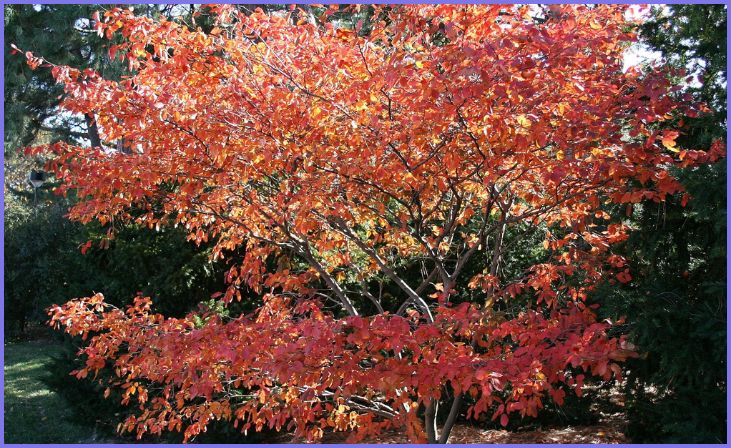
Serviceberry shrubs are not only aesthetically pleasing but also highly attractive to bluebirds. These plants produce small, edible berries that bluebirds enjoy, and they are also resistant to deer browsing, making them an excellent choice for landscaping in areas with deer populations.




